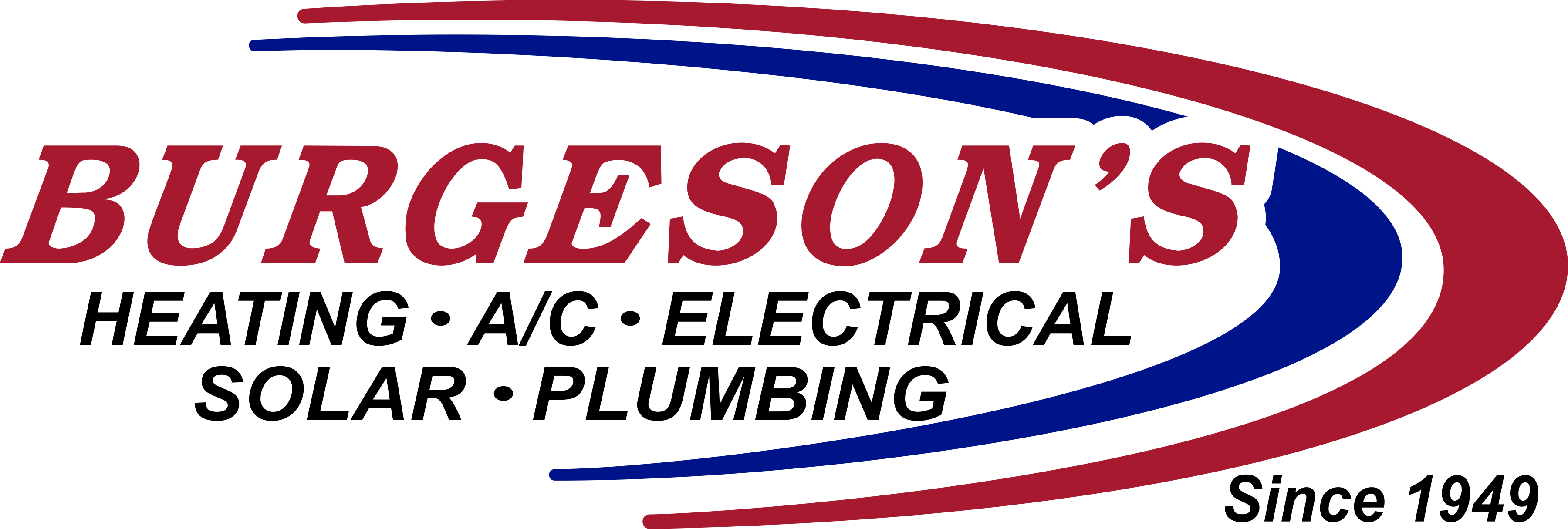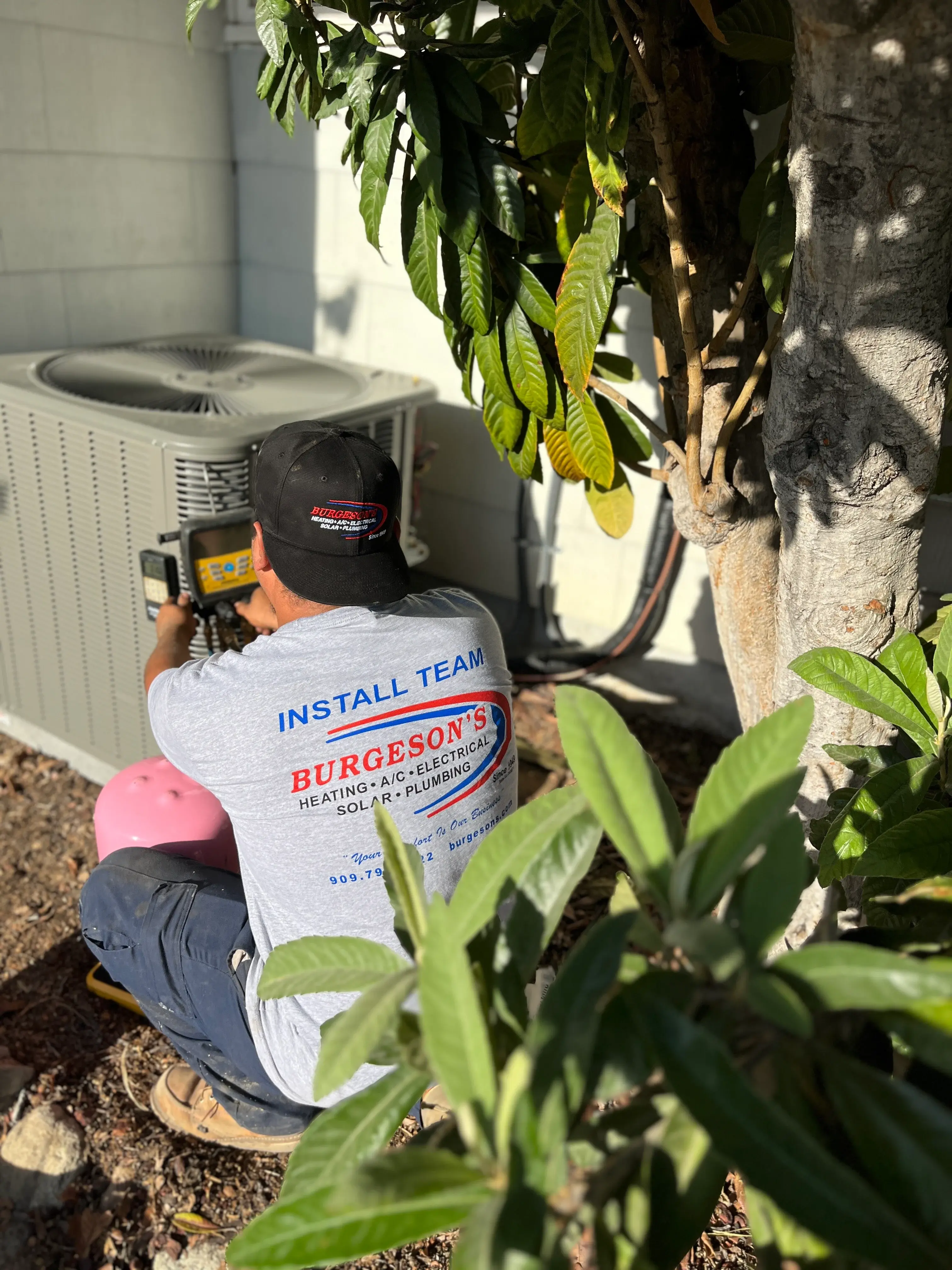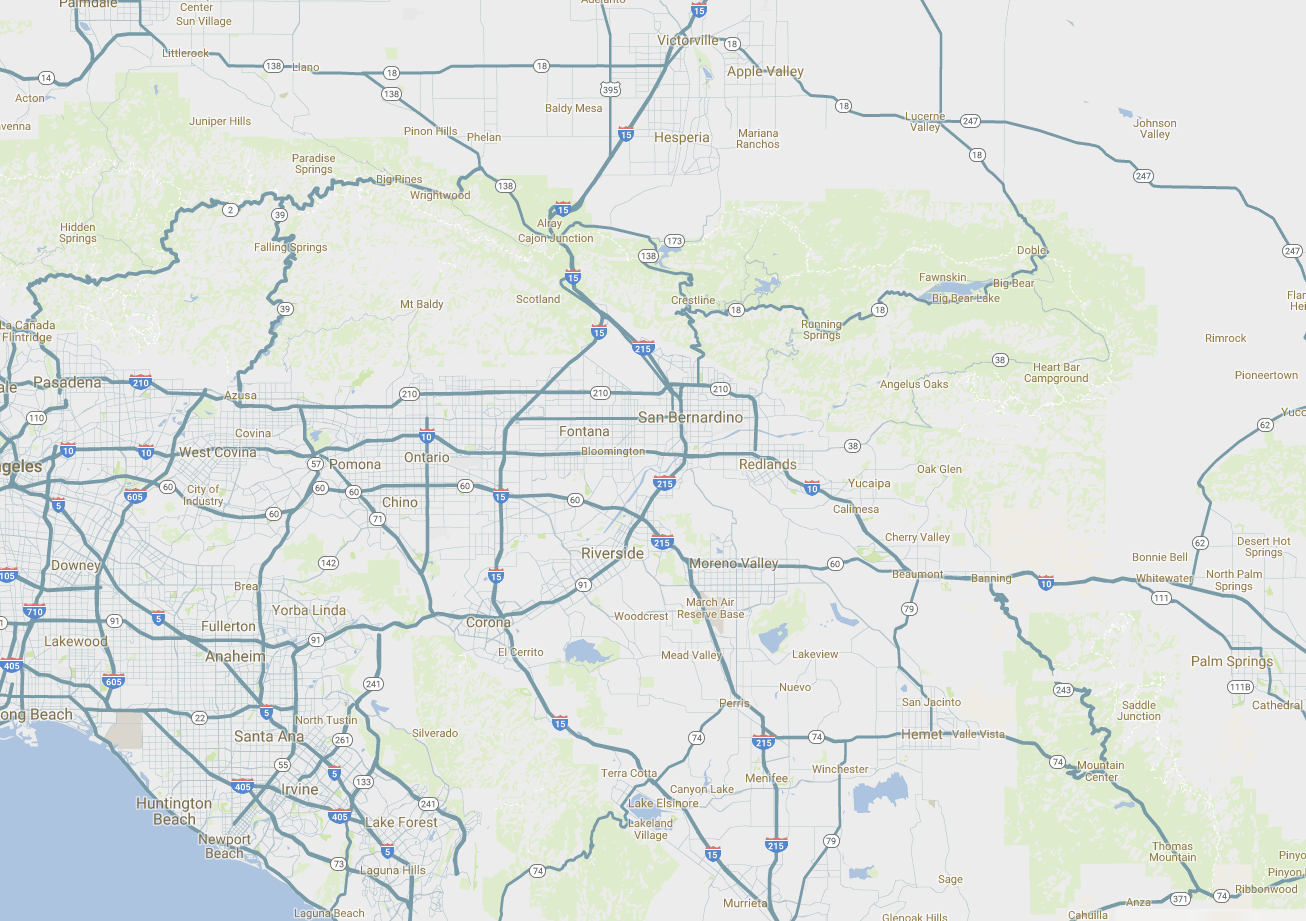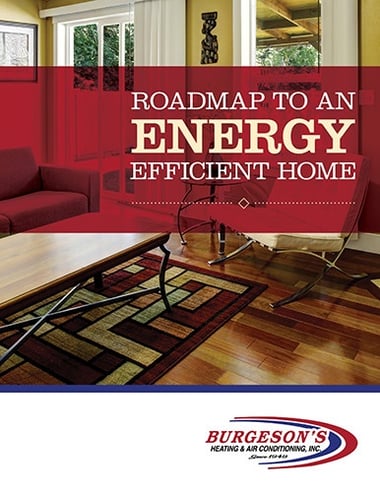HEAT PUMP VS GAS FURNACE: PROS AND CONS GUIDE
If you’re in the market for a new home heating system, you may be stuck deciding between a heat pump vs gas furnace. Both options have their advantages, but understanding their differences is key to making the right decision for your Southern California home.
Let’s explore the pros and cons of each system by examining key factors like installation costs, energy efficiency, operational costs, and more. By the end, you’ll have a clear idea of which system suits your comfort and budget needs.
Want to consult with a Southern Californian HVAC pro to help you make a decision? We’re happy to help! We give honest, helpful answers with the goal of finding the best heating system for your home.
WHAT IS A HEAT PUMP VS GAS FURNACE?
Before diving into the differences, let’s define these systems:
- Heat Pump: A heat pump uses electricity to transfer heat from one location to another. It can both heat and cool your home, making it a versatile year-round option for Southern California’s mild climate. A detailed look at an electric heat pump vs gas furnace reveals that heat pumps excel in energy efficiency while also providing cooling capabilities.
- Gas Furnace: A gas furnace burns natural gas to generate heat, distributing warm air through your home. Furnaces are typically used during colder seasons and are ideal for homes with existing gas lines. For those evaluating the cost of gas furnace vs. heat pump, gas furnaces usually have lower operational costs when natural gas prices are favorable.
INSTALLATION COSTS & OPERATIONAL COSTS
When it comes to the total installation cost of either a heat pump or a furnace, a handful of factors come into play, such as system size, efficiency levels, and labor costs. Installing a furnace or air conditioning system can be more expensive than installing a heat pump if you need a new gas line to accommodate a furnace.
Heat pumps use electricity to move cold air out and warm air in, while the majority of furnaces require the use of natural gas to keep your home comfortable during cold California winters. Generally, gas is cheaper than electricity in Southern California; therefore, a gas-powered furnace typically costs less to operate than a heat pump, which is powered by electricity.
During especially cold winters, heat pumps might require so much electricity that your utility bill could be higher than if you were using a gas furnace.
If you’re wondering about the cost of gas furnace vs. heat pump installation and operation, it’s best to consult a professional for accurate estimates based on your home’s needs.
ENERGY EFFICIENCY
Heat pumps are known for their energy efficiency because they transfer heat rather than generate it. This process requires less energy compared to burning fuel in a furnace. However, heat pump efficiency vs. gas furnace depends on several factors, such as outdoor temperatures and electricity costs.
Gas furnaces, while less efficient than heat pumps, often cost less to operate in areas where natural gas is affordable. Both systems have high-efficiency models available, which can help lower your energy bills.
For homeowners prioritizing environmental benefits, electric heat pump vs gas furnace efficiency comparisons often favor heat pumps due to their lower carbon footprint.
LIFESPAN
Typically, furnaces last longer than heat pumps. On average:
- Furnaces: 15 to 20 years
- Heat Pumps: 10 to 15 years
Furnaces tend to last longer because they only work during the colder months, while a heat pump operates year-round, providing both heating and cooling. Regular maintenance is essential to extend the lifespan of either system.
MAINTENANCE & REPAIRS
Both systems require annual maintenance to operate efficiently, but the type and frequency of repairs may vary:
- Heat Pumps: Require regular cleaning of coils and checks for refrigerant levels.
- Gas Furnaces: Need inspections for gas leaks, burner functionality, and heat exchanger integrity.
Routine servicing can prevent costly breakdowns and ensure your system operates safely.
CARBON FOOTPRINT
When comparing the environmental impact of electric heat pump vs gas furnace:
- Heat Pumps: Use electricity and don’t rely on fossil fuels, making them a cleaner option, especially when paired with renewable energy sources like solar panels.
- Gas Furnaces: Burn natural gas, which produces greenhouse gases. While efficient, they have a higher carbon footprint compared to heat pumps.
- Sustainability Tip: For eco-conscious homeowners, a heat pump is the greener choice.
DUCTWORK & OBTRUSIVENESS
- Heat Pumps: Can be ductless, which is ideal for homes where a ducted system is not a valid option. This setup is less intrusive and allows for more flexible installation options.
- Gas Furnaces & Whole-Home Heat Pumps: Require ductwork for heat distribution, which can be costly to install or upgrade in homes without existing ducts.
Choosing between a heat pump mini-split or a gas furnace/whole-home heat pump may also depend on the layout of your home and the feasibility of installing or upgrading ducts.
DUAL-FUEL SYSTEMS: THE BEST OF BOTH WORLDS
If you’re interested in the efficiency of a heat pump along with the comfort of a furnace, a dual-fuel system could be your solution.
- How It Works: The heat pump operates when the temperature is mild, while the furnace takes over during extremely cold weather. This system offers the best energy efficiency and comfort.
- Ideal for Solar Homes: Dual-fuel systems are particularly beneficial when paired with solar panels, further reducing operational costs and environmental impact.
Let our team guide you through the process of selecting the right solution for your home based on your individual needs. At Burgeson’s, you can always count on a no-hassle, FREE, educational consultation.
Request an estimate or give us a call today 909-792-2222.














